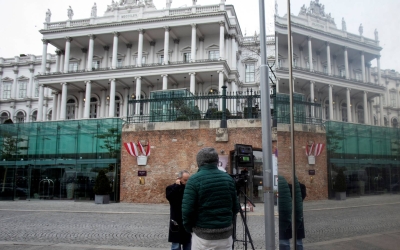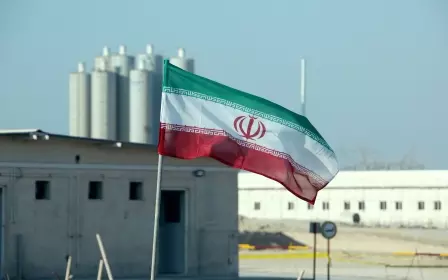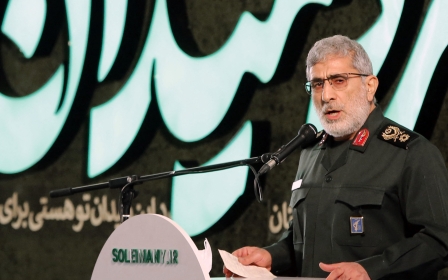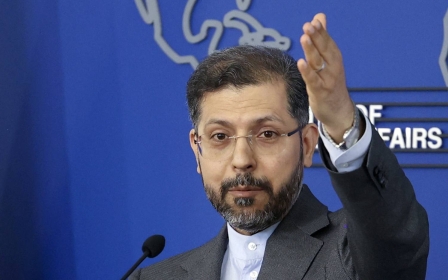Nonproliferation experts urge Biden to revive Iran nuclear deal
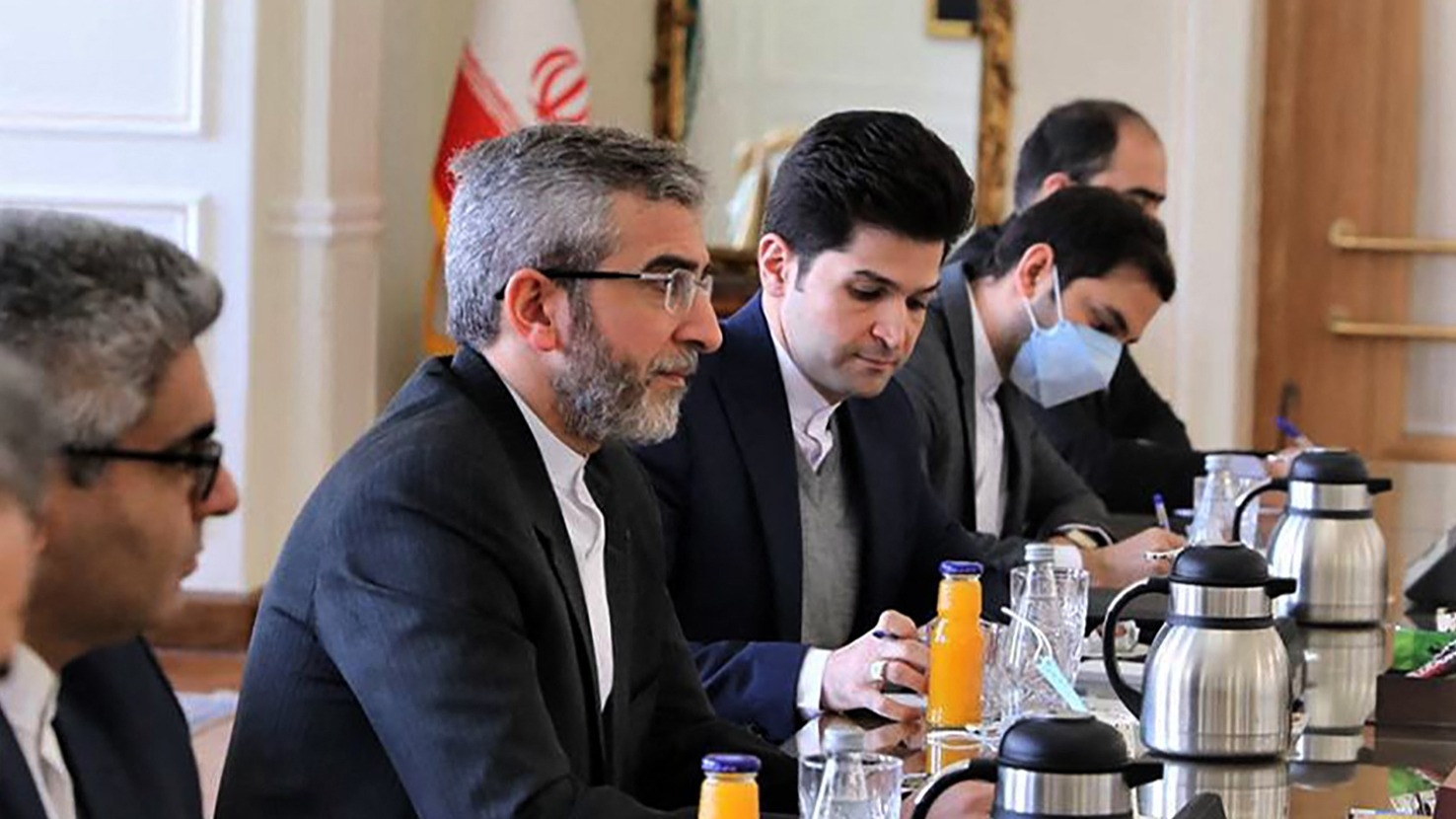
More than 40 leading nonproliferation experts and former US officials have called on the administration of US President Joe Biden to quickly revive the nuclear deal with Iran, raising the likelihood that the Islamic Republic is edging closer to a nuclear-threshold state.
In a statement released on Thursday, the experts said that a failure to reverse the Trump administration's "maximum pressure" campaign of sanctions on Tehran would be "misguided, irresponsible, and dangerous as it would increase the danger that Iran would become a threshold nuclear-weapon state".
"A prompt return to mutual compliance with the JCPOA is the best available way to deny Iran the ability to quickly produce bomb-grade nuclear material," the experts said.
"It would reinstate full IAEA international monitoring and verification of Iran's nuclear facilities, thus ensuring early warning if Iran were to try to acquire nuclear weapons - and possibly become the second state in the Middle East (in addition to Israel) with such an arsenal."
The signatories include a former deputy secretary of state for nonproliferation, other former US and European diplomats, officials with the Arms Control Association, and other academic experts.
New MEE newsletter: Jerusalem Dispatch
Sign up to get the latest insights and analysis on Israel-Palestine, alongside Turkey Unpacked and other MEE newsletters
Indirect negotiations between Washington and Tehran in Vienna have been stalled for the past month, as the two countries have come to odds with each other over several final points within the agreement.
One of the main issues of contention is the terrorist designation of Iran's Islamic Revolutionary Guard Corps (IRGC), a decision Iran is calling on the Biden administration to reverse.
The IRGC is a powerful faction in Iran that controls a business empire as well as elite armed and intelligence forces, which Washington accuses of carrying out global terror campaigns.
The group was designated a foreign terror organisation (FTO) by the Donald Trump administration in 2019, after the former US president walked away from the Iran nuclear deal - known offiicaly as the Joint Comprehensive Plan of Action (JCPOA) - and reimposed sanctions on the country.
The experts said that, as a result of Trump's decisions, "it is now estimated that the time it would take Iran to produce a significant quantity (25kg) of bomb-grade uranium … is down from more than a year under the JCPOA to approximately one or two weeks today."
Most Republican lawmakers are opposed to a return to the nuclear deal, while a small but growing number of Democrats in recent weeks have also voiced their concerns over the deal.
Those lawmakers' chief concerns are reports that Washington is considering lifting the IRGC's FTO designation, which they said "would be providing a clear path for Iranian proxies to continue fueling terrorism".
While the experts do not specifically mention the IRGC designation, they said in their statement that some members of Congress were threatening to block a return to the deal.
"Unfortunately, some in Congress are threatening to try to block President Joe Biden and European allies from implementing the steps necessary to bring Iran back under the nuclear limits set by the JCPOA," the deal said.
Middle East Eye delivers independent and unrivalled coverage and analysis of the Middle East, North Africa and beyond. To learn more about republishing this content and the associated fees, please fill out this form. More about MEE can be found here.


